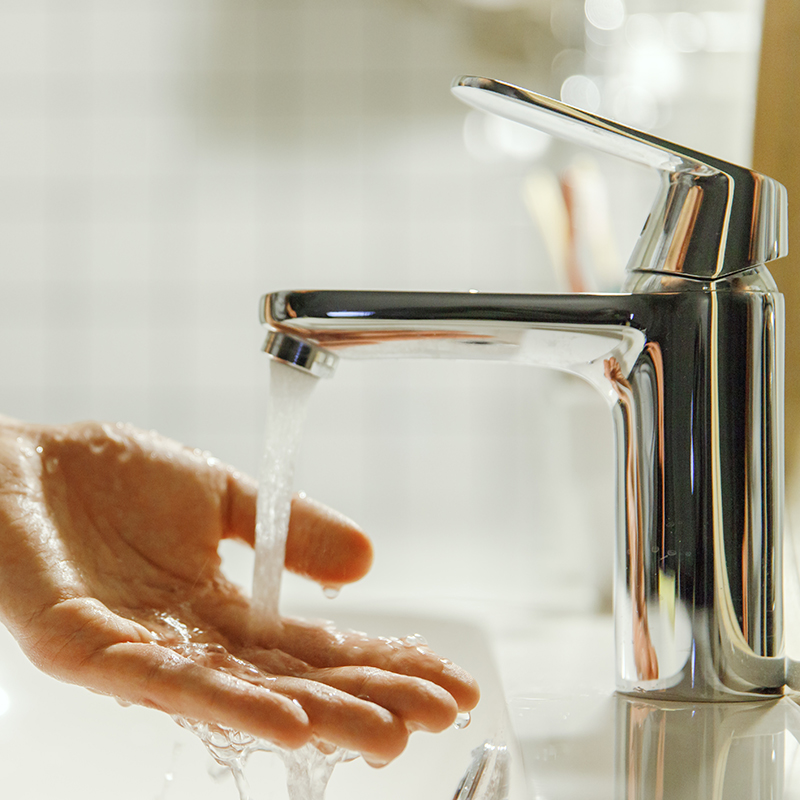Understanding Boiling Water Units: What They Are and How They Work
Boiling water units, commonly known as water boilers, are essential appliances in many homes and workplaces. Their primary function is to quickly and efficiently heat water to boiling point, making them invaluable for tasks like making tea, coffee, or preparing instant meals. These units come in various types, including electric kettles, countertop boilers, and integrated boiling water taps. The underlying technology often involves an internal heating element that rapidly raises the water temperature. Some models are designed with advanced features like temperature control and keep-warm functions, enhancing their versatility. By choosing the right boiling water unit, users can enjoy convenience and efficiency, reducing the time and effort required to get hot water.
Key Benefits of Boiling Water Units: Efficiency and Convenience
One of the standout advantages of boiling water units is their efficiency. Modern electric kettles, for example, are designed to heat water quickly, often boiling a full kettle in just a few minutes. This efficiency is particularly beneficial in busy environments like offices or households with high tea or coffee consumption. Additionally, many boiling water units are equipped with energy-saving features that help to minimize electricity use. Another significant benefit is convenience. Units with integrated taps or instant boiling functions eliminate the need for multiple appliances, streamlining kitchen workflows. Users can enjoy a continuous supply of hot water without the hassle of waiting for a kettle to boil or managing multiple pots and pans.
Choosing the Right Boiling Water Unit: Factors to Consider
Selecting the ideal boiling water unit depends on several factors, including capacity, installation requirements, and additional features. For instance, if you’re looking for a unit for a large household or office, a higher-capacity model may be necessary to meet the demand. Countertop boiling units and integrated taps offer different advantages; the former provides portability and ease of use, while the latter offers a sleek, built-in solution that saves counter space. Consider also the energy efficiency of the unit; some models come with eco-friendly features or are designed to minimize heat loss. Other features, such as adjustable temperature settings and keep-warm functions, can add further convenience. Evaluating these factors ensures that you choose a boiling water unit that best fits your needs and preferences.
Safety and Maintenance Tips for Boiling Water Units
While boiling water units are generally safe to use, it’s important to follow some basic safety and maintenance guidelines to ensure their longevity and optimal performance. First, always follow the manufacturer’s instructions for use and avoid overfilling the unit, which can lead to boiling water spilling over. Regular cleaning is essential to prevent the build-up of limescale, which can affect the unit’s efficiency. Many models come with a descaling feature or removable parts that make cleaning easier. Additionally, check for any signs of wear and tear, such as leaks or malfunctioning parts, and address them promptly. By adhering to these safety and maintenance tips, you can ensure that your boiling water unit remains in good working condition and continues to provide reliable service.
